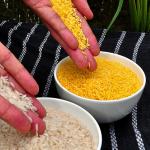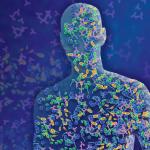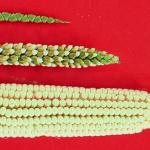Their eyes tell their sad stories as ghostly white irises give way to vacant stares. We can look at them, but they can’t look back at us.
Biomedicine & Biotech
When I first wrote Antibiotics – The Perfect Storm (2009-10), I described the various factors that went contributed to the conundrum that still confronts us today.
Lars began by emphasizing the urgency of advancing biotechnology safely. I reassured him that this is possible, highlighting two key factors: aggressive private sector investment, federally funded basic research, and science-based regulation.
For many years, norovirus vaccine (NoV) research has been going gangbusters but with nothing to show. NoV is one of the primary culprits behind acute gastroenteritis worldwide.
Disclaimer: Some most all of you may probably will will find some most all of this article potentially vulgar. Don't blame me. Yuks matter.
Spain’s northern coast has been fighting a months-long assault from a ‘white tide’ of plastic pellets dumped by a Dutch-registered ship.
When I was in elementary school, I remember going to the county health department before every school year. There were many other kids there, and we were all there for the same reason: shots.
A new article in Scie
Humans have practiced genetic modification, or genetic engineering (GE), of plants and animals through selection and breeding for more than 10,000 years. It’s called agriculture.
Humans have practiced genetic modification, or genetic engineering (GE), of plants and animals through selection and breeding for more than 10,000 years. It’s called agriculture.











